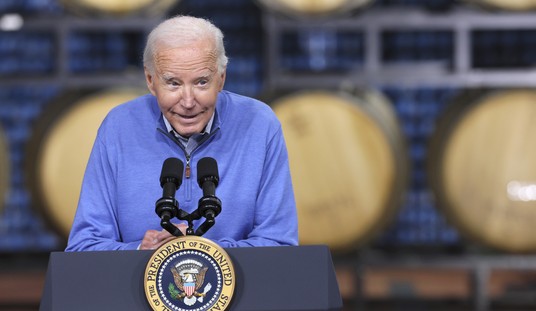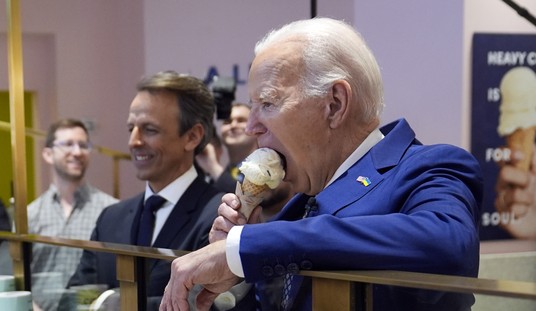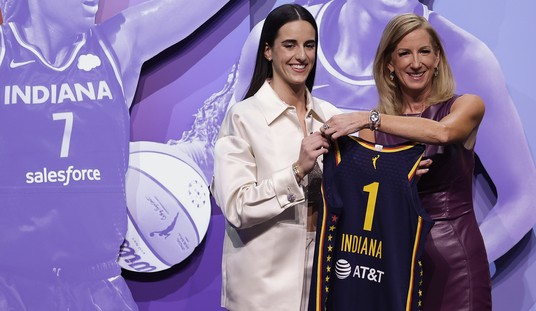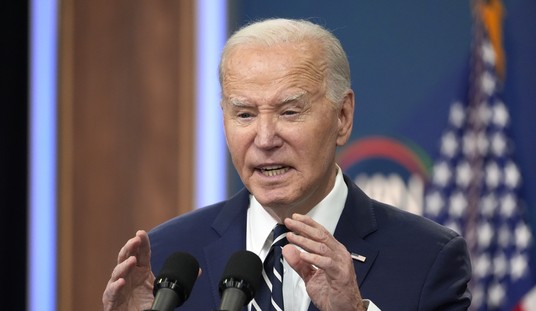
In a tumultuous media market why would a popular site commit SEO seppuku?!
Deadspin had been a vastly popular sports and cultural outlet for years. This itself is a rare feat in a perpetually amoebic digital publishing landscape. For a site to grow and flourish when so many are foundering and closing up shop — some in surprising fashion — would mean they are doing something correctly. Doing something incorrect has meant all the difference.
In shockingly short order Deadspin became a lesson to study, but for all of the wrong reasons. As a testament to both the precariousness of this industry and the rapidity of the environment digital formats operate within, Deadspin has become a vapor of its former self, in just a matter of days. The mistakes are glaring, but in this case of warring sides it is difficult to see the solution, beyond the one glaring obvious fix — communication. For a business whose job was to convey information it is stark that a lack of communication prevails.
The furor began last April when private equity firm Great Hill Partners acquired a number of websites operating under the banner of Gizmodo Media Group, rebranding as G/O Media. The collection of sites (once part of the dissolved Gawker Media company) includes Gizmodo, The Onion, Jalopnik, Jezebel, and Deadspin, among others. The CEO of G/O Media is Jim Spanfeller, who hails from Forbes.com. He brought in Paul Maidment, also from Forbes, to take editorial oversight for the outlets.
One of the first things Maidment did was insist that Deadspin focus more on sports and less on the cultural/political content. Arguments with the editorial staff over the focus of the site’s content began. Months earlier one editor was let go for not enforcing a stricter focus on sports. it was at this time editor Megan Greenwell detailed what was taking place inside the boardrooms in a lengthy piece that about her new bosses and management. That such a scathing in house rebuke would be allowed to be published is one of the many curiosities in this tale.
At issue for the staff was an odd avoidance of the numbers by management — the cultural items were actually driving some of the site’s traffic. While the bulk of the content may have been sports, those cultural pieces were drawing some serious page views. Editors have said their culture items have remained popular. This detail is something that contradicts both the new ownership’s goals and their own metrics offered up in defense. It appeared the G/O Media executives acting like craven money-driven suits while at the same turning off their money spigot.
The last days of October saw the entire site have a core meltdown in the matter of one calendar week. On October 28, an article on the site was critical of the new practice of running autoplay ads on pages. That piece was taken down, and soon after Maidment issued a site-wide edict for Deadspin. He required that all site content had to be exclusively sports-related. “To create as much great sports journalism as we can requires a 100% focus of our resources on sports. And it will be the sole focus. Deadspin will write only about sports and that which is relevant to sports in some way.”
On Tuesday, following contentious meetings with the editors, the staff revolted by running strictly cultural pieces on the front page. That move led to the firing of editor-in-chief Barry Petchesky, who had been at Deadspin for years. When he let the staff know of his dismissal roughly half of the editors and writers resigned. The large group decamped at a nearby Planet Hollywood for a lengthy hours-long discussion about the future — both theirs, and the site itself.
In the ensuing days remaining staff was in personal limbo. The site’s podcast program, The Deadcast, recorded what appears to be its final episode on Wednesday, actually posting the recording on Halloween. Hosts Drew Magary, David Roth, and Lauren Thiesen all had at that point not much of an idea what was in store, but the end of the site seemed foregone in their estimation. By Friday it was announced that the final staff members had resigned entirely.
Paul Maidment was firm in his position, and looked to be insistent that the site would prevail. It was stated that new writers would be hired and things would continue. This proved to be a tough sell. Maidment brought in Alan Goldsher, a freelance writer who submitted a piece on the NBA in the trademarked Deadspin snarky tone. His post went live at 2:00pm, but after he promoted the piece on his Twitter account the Deadspin readers descended on him.
Called a “scab” (and worse) Goldsher found himself on the receiving end of the Twitter Ratio. The irony here — this is a recognized component on Twitter these days thanks to Deadspin. While the site did not invent the term it was a primary voice that noted what a ratio meant, and it entered into the social media lexicon as a result. Goldsher’s Deadspin sports article fell prey to an action popularized by Deadspin’s cultural division. Before long the writer saw the reality, and at 2:53 he announced that he was quitting his new post at the site. Goldsher’s career at Deadspin lasted less than one hour.
For the balance of the weekend Deadspin continued on, with many noticing that articles were going up as “new” which were actually years-old pieces that were being recycled. The current front page is filled with newer pieces, but those tellingly bear no by byline — they are merely written by “Deadspin”. Speculation is that Maidment, with possibly some anonymous stringers, was generating the sparse content. Amusingly, on the sidebar where the most popular articles are listed, all of those titles are from The Concourse, the cultural vertical at Deadspin. The #1 piece is Greenwell’s sobering reveal from over two months ago.
So why did this have to happen? Simple answer — it did not. What appears to be the case is that G/O management had their eye on appeasing advertisers immediately, but needed to sell the site as something it may not have been. Those auto-play commercials that rankled staff (and also readers, to the extent that managers shut off comment sections) were in place because of a guaranteed rate of play that was sold to Farmers Insurance.
But more curious than a deal for promised page views while cutting off a popular extension with the readers is the insistence by management that everyone else had it wrong. In a press statement put out on Halloween the G/O office insisted the “sports only” mandate was rooted in numbers. “In September, unsurprisingly, 24 of the top 25 stories on Deadspin were sports-related,” reads the press release, “while non-sports content accounted for less than 1% of the page views on the site.”
Just for openers, if this is accurate then why the need for such a dictatorial change? If the culture/politics items were so small of a component why become militant over this section? Unless there was an obscene amount of time and resources spent on that small amount of output, what was the problem? At the LA Times they dug into the metrics and found some interesting details in the September metrics:
41,404,600 page views. Of those, 1,629,800 went to those 18 non-sports stories. No need to get the calculators out — that’s 3.9% of their total traffic from 3.5% of their stories. The average non-sports story got 90,500 page views, which is 10,000 more than the average sports story. If anything, that is a better argument for more non-sports coverage than it is for less.
So the supposedly small component of the site was actually overperforming. Then why cut off a provably successful segment? That deal with Farmers Insurance could be the tip-off. If the new management was striking deals with preordained deliveries then they could very well have been shopping other deals with promises of pure sports content, or possibly an eye in the other direction; those culture criticisms were targeting potential advertisers.
It has been speculated the article about the autoplay ads — the one hauled down by managers — possibly chased off Farmers, and thus a $1 million deal fell through. If you force the staff to stick to only sports then you can mine companies operating in the culture for potential business. This mentality has now crashed a website generating tens of millions of page views monthly.
So a company wanting more income instead cut off revenue streams, and writers and editors at a sports website quit in anger when told to write about sports. That egos got in the way of communicating is clear. That it was inside a media company, in a precarious marketplace, means it led to a rapid demise.
On Tuesday, November 5, Paul Maidment tendered his resignation, just eight days after his initial mandate. It will remain to be seen if any former staffers might be lured back.













